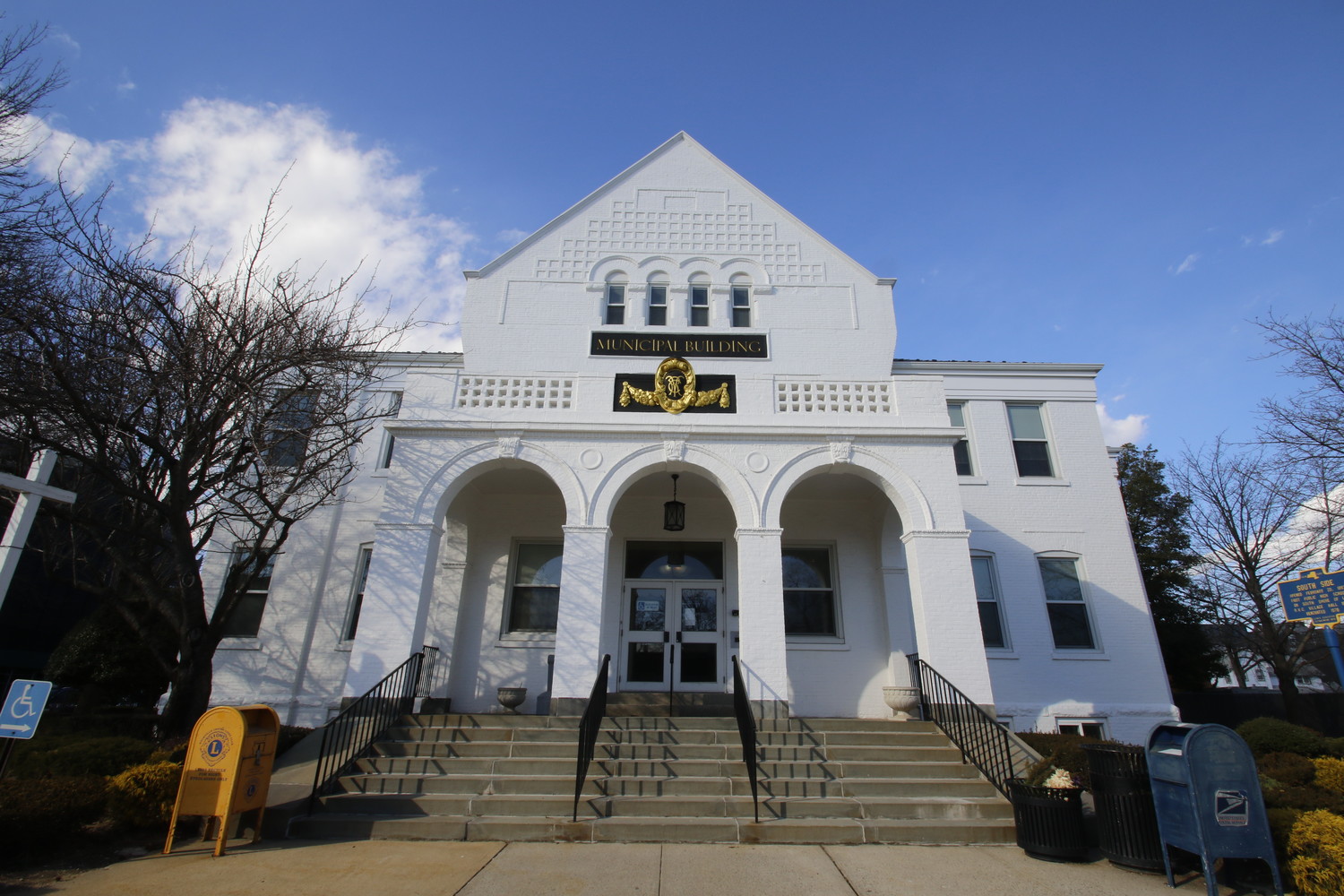Rockville Centre residents call drafted local law ‘unconstitutional’
Village working to fine-tune soliciting, canvassing rights
Rockville Centre’s Board of Trustees tabled a local law to amend what it called outdated provisions in the village code after residents contested at a public hearing on Feb. 5 that the new version violated First Amendment rights.
The proposed law deals with peddling, soliciting and canvassing, and “is unconstitutional on its face as it stands right now,” according to Rockville Centre resident Susan Gottehrer, director of the Nassau County chapter of the New York Civil Liberties Union. She added, “We call on the Board of Trustees to withdraw the proposed law from consideration.”
According to chapter 250 of the village’s code, adopted in 1971, no person shall enter upon a private residential property in Rockville Centre for the purpose of vending, peddling or soliciting in any way — including to sell anything, seek a charitable contribution, or distribute pamphlets — without prior consent of the property owner.
The draft to amend that chapter came after a Long Island non-profit organization applied to fundraise door-to-door, according to Village Attorney A. Thomas Levin, requiring the village to refer to its code. Levin said it was the first time he can remember that such an application was made in his 12 years as the village’s attorney. “While it may have been good at the time it was adopted,” he said of that part of the code, “over the passage of time the court decisions have eroded various provisions in the code so it’s no longer in synch with current case law.”
But residents spoke out against the drafted amended law, including Michael Palitz, who called it “overbroad.”
“You cannot require residents to apply for a license, get a license, get approval by the government to speak to their neighbors,” Palitz told the board, adding that the drafted law must be “narrowly tailored if you’re the government and you’re trying to prohibit someone from speaking.”
The amended draft of the law — labeled RVC 1802 — still prevents anyone from entering on private property to distribute any written material, proselytize, or ask for donations without a license.
Palitz noted that the law, as it was drafted, prohibits Girl Scouts to sell cookies to neighbors, for example, or for other local groups to fundraise door-to-door without an application. Palitz, a member of Indivisible of RVC — a local chapter of a national group formed after the 2016 presidential election “to fuel a progressive grassroots network of local groups to resist the Trump Agenda,” according to Indivisible’s website — said the law would prohibit speaking with neighbors about important social, environmental and political issues.
Last year, Palitz said, he was among the volunteers who knocked on doors and handed out flyers and pamphlets in support of now-Town of Hempstead Supervisor Laura Gillen, as well as fellow Democratic candidates Doug Mayer and Karen Blitz, who ran for town councilman and Nassau County legislator, respectively. “We were surprised how many people did not even realize there was an election coming up,” he told the Herald after the meeting, “so they were grateful to learn about that.”
Other locals took to the lectern during the public hearing to warn the board of future lawsuits. “As a taxpayer, I don’t want the money that I’m spending to this village to go to defending a constitutional challenge to a law,” said Michael Pernick. “… Let’s not have a law that means if you want to talk about politics … you need to register in advance. That’s not what our country is about. That’s not what our village should be about.”
“It’s not us against you,” Mayor Francis X. Murray assured to those speaking up at the meeting. “We’re all residents. We’re trying to get it right for everybody who lives here.”
In a phone interview last week, Levin did not comment on whether he agreed with the residents that the proposed law was unconstitutional, but told the Herald, “We think that the present code has flaws in it. We’re trying to make it better … and we’ll consider all the comments everybody makes.”
Trustee Emilio Grillo said during the hearing that the mayor and the board have worked over time to refine various sections of the code that have become inaccurate or outdated in order to “streamline” the local laws.
Palitz also took issue at the meeting that, under the drafted law, the licenses are only effective for 20 days and require an undetermined licensing fee. He added that Indivisible of RVC planned to send a letter requesting that the entire non-commercial portion of the law be stricken.
Levin said the law would be fine-tuned, and added that, in the meantime, any provision in the village code that they feel could be unconstitutional would not be enforced. He did not give an exact timetable for when a new draft would be released or when another public hearing would be held.
“We’ll hope to come out with a better draft that everybody can be happy with, if it’s possible to satisfy everybody,” Levin said. “That’s like the Holy Grail.”
To read a copy of RVC 1802, visit www.rvcny.us/board.html.

 39.0°,
Fair
39.0°,
Fair 




